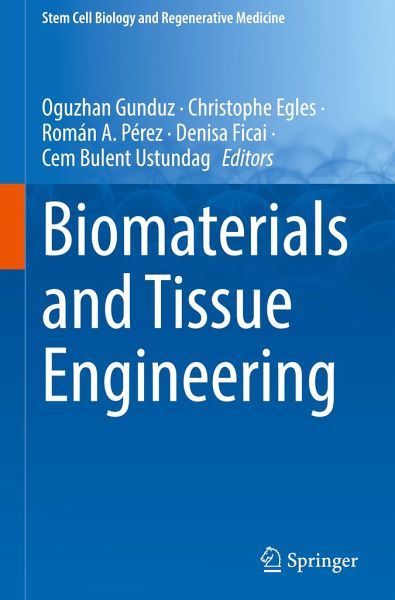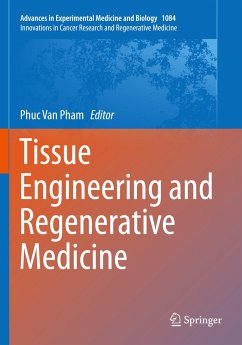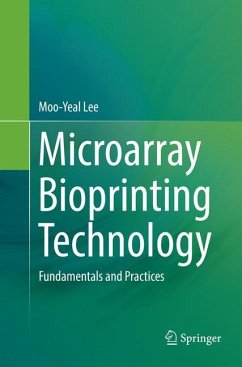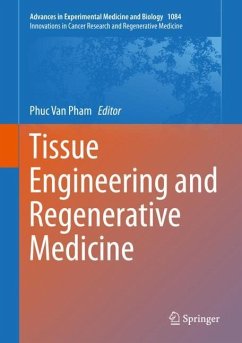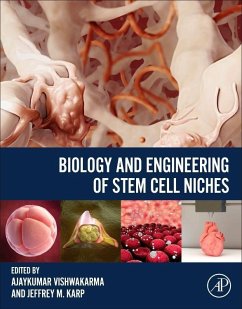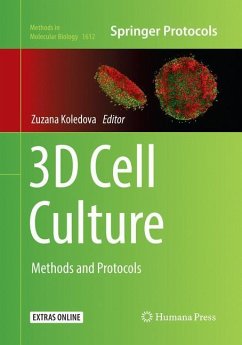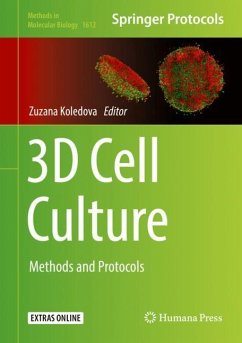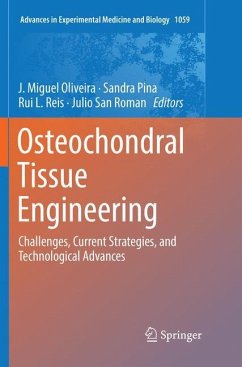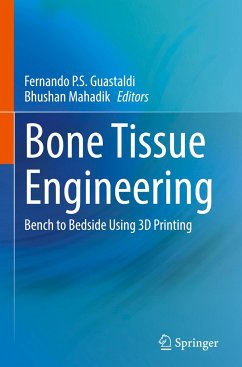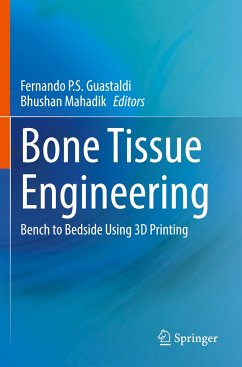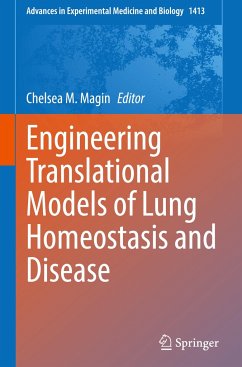Professor Dr. Oguzhan Gunduz is a globally recognized expert in the field of biomaterials and tissue engineering, with over 20 years of experience as a researcher, teacher, and mentor. He obtained his Ph.D. degree in Mechanical Engineering from University College London in 2013 and has since conducted groundbreaking research on the design and development of advanced biomaterials, tissue engineering, and drug delivery systems. He has published over 200 peer-reviewed research papers, 10 book chapters, and more than 100 national and international conference papers. He has also obtained two international patents and has two patent applications pending. As the Director and founder of the Nanotechnology-Based Advanced Materials Research Center (NBUAM) at Marmara University, Dr. Gunduz has established a world-class research program that attracts talented students and researchers from around the globe. He has supervised over 25 M.Sc. and Ph.D. theses, many of which have been recognized with prestigious awards from leading professional organizations. His research has led to numerous collaborations with R&D departments of prominent health companies, resulting in the commercialization of several innovative products. Dr. Gunduz played a key role in the establishment of two startup companies, Nanortopedi Inc. and Inomtech Inc., poised to revolutionize the field of biomaterials and medical devices. He is also currently leading more than 10 international and national projects focused on biomaterials and tissue engineering, as well as educating future generations of biomaterials experts. Christophe Egles is, since 2022, at University of Rouen Normandy. He holds a Normandy Region research chair of excellence entitled: Heterogeneous Bioinspired Macromolecular Supports Applied to Tissue Regeneration. Between 2010 and 2022, he was Professor at Université de Technologie de Compiègne (France). He earned his B.S. in Biochemistry and his Ph.D. in Neurobiology at the University Louis Pasteur in Strasbourg, France. From 2001 to 2004, he served as Associate Professor at the University Louis Pasteur, School of Dentistry, where he studied the biomedical applications of biomaterials modifying cell/support interface. From 2005 to 2010, he joined Tufts University in the Division of Cancer Biology and Tissue Engineering as Assistant Professor and served as Associate Director of the Center for Integrated Tissue Engineering. He is an expert of tridimensional culture systems for regenerative medicine. His research focuses on regenerative medicine and the various tools available to help the body repair itself. Central to this effort is the development of new biomaterials, biocompatible, and bioactive (artificial skin or nerves or ligaments) as well as the fabrication of human tissue equivalent using innovative scaffolds (interpenetrated polymer scaffolds, fibrin-containing scaffolds, algae proteins for tissue engineering). Román A. Pérez graduated from the University of Barcelona with a bachelor's degree in Chemistry (2006) and carried out his doctoral degree in the field of Calcium Phosphate Cement at the Universitat Politècnica de Catalunya (2011). As a doctoral student, he spent nine months working in a research lab at Harvard University. After completing his Ph.D., he worked as Postdoctoral Researcher at a number of institutions, including the Institute of Tissue Regeneration Engineering in South Korea (2011-2013), University College Dublin (2013), and Ryerson University (2013-2014). In 2014, he became Tenure-Track Lecturer at Dankook University in South Korea (2014-2016). His research interests include the design and fabrication of biomaterials that incorporate biological molecules and cells to regenerate tissue. Assoc. Prof. PhD. Eng. Denisa Ficai (U-1700-038K-1540) is Associate Professor focusing her research interest in the field of nanostructured organic and inorganic polymers and composite materials with various applications. She graduated from the Faculty of Applied Chemistry and Materials Science at University POLITEHNICA of Bucharest in 2005, the master course in 2007, the Ph.D. stage in 2010, and the postdoctoral stage in 2013. Since 2014, she is Associate Professor being involved in teaching and research activities. The best scientific results were published in over 120 scientific papers in ISI-indexed journals (H=21), 5 books, and two book chapters, while the number of citations is 1199. She substantially contributed, as member of the research team, in 21 national projects and as project manager in other 5 projects to which an Erasmus project is added as responsible. She has expertise in several characterization tools such as chromatography, spectroscopy, and microscopy. Dr. Cem Bulent Ustundag is Associate Professor in the Bioengineering department at Yildiz Technical University. He received a B.Sc. degree in Ceramic Engineering from Dumlupinar University,Turkey, in 1999, and M.Sc. in Materials Science & Engineering from Gebze Technical University in 2003, and he has a dual Ph.D. in Materials Science & Engineering from Yildiz Technical University (YTU), Turkey, in 2011, and Biomaterials from Tohoku University, Japan, in 2013. He has authored/co-authored over 35 papers, 5 book chapters, 6 patents, and 10 patent applications, and over 100 national and international conference papers. He is Organizing Committee Member of the International Congress on 3D Printing (Additive Manufacturing) Technologies and Digital Industry Congress series (2018, 2019, and 2020) and also Advisory Board Member of the International Journal of 3D Printing Technologies and Digital Industry.
